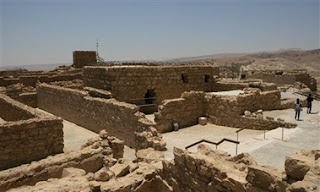From Kahlil Gibran: Published July 1926. I believe in you, and I believe in your destiny. I believe that you are contributors to this new civilization. I believe that you have inherited from your forefathers an ancient dream, a song, a prophecy, which you can proudly lay as a gift of gratitude upon the lap of America. I believe that you can say to the founders of this great nation, "Here I am, a youth, a young tree whose roots were plucked from the hills of Lebanon, yet I am deeply rooted here, and I would be fruitful." And I believe that you can say to Abraham Lincoln, the blessed, "Jesus of Nazareth touched your lips when you spoke, and guided your hand when you wrote; and I shall uphold all that you have said and all that you have written." I believe that even as your fathers came to this land to produce riches, you were born to produce riches by intelligence and labor. I believe that it is in you to be good citizens. And what is it to be a good citizen? ...



